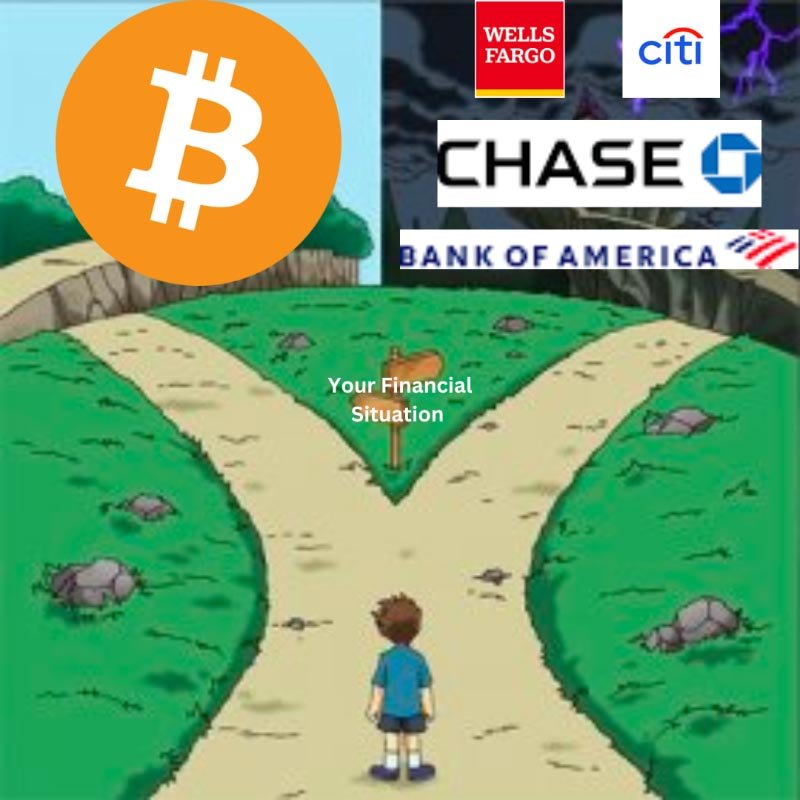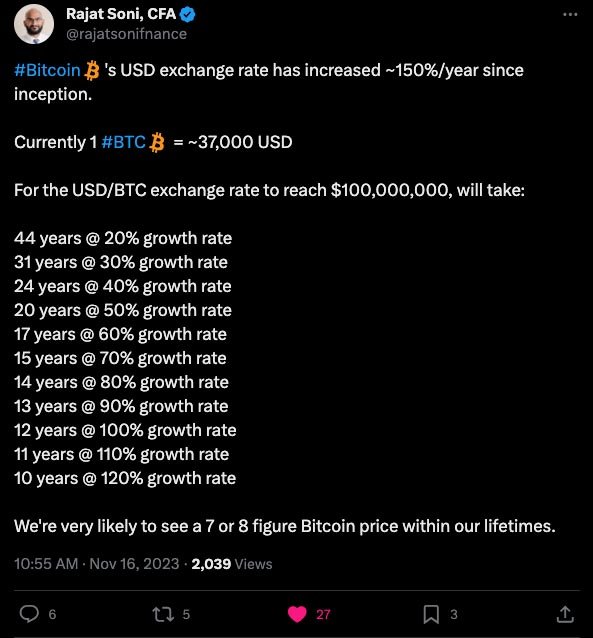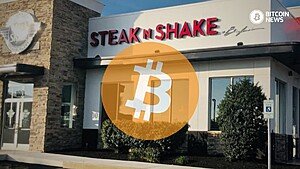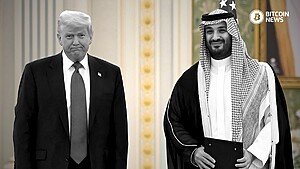In the current financial landscape, achieving genuine economic autonomy, aka being economic independent, is an intricate challenge. The illusion of control over personal funds is often shattered by the complex and seldom-read fine print of modern banking. This scenario severely restricts financial sovereignty.

The Misconception of Ownership in Fiat Banking Systems
In the current fiat currency framework, the belief that banks securely hold our money is largely a fallacy. When we deposit money, we’re essentially lending it to the bank. These institutions then utilize these funds under the fractional reserve banking system, keeping only a minimal fraction as reserves.
This setup not only generates profits for banks but also shifts the control of people’s finances into their hands, substantially diminishing one’s authority over their money.
Ownership, as the adage goes, is nine-tenths of the law. Yet, in our society, the concept of earning interest has been so normalized that it obscures an underlying deceit.
It’s quite astonishing how society has become comfortable with the idea of surrendering control of funds to banks upon receiving our earnings. In this process, society is left with merely a promise, while the bank gains control over actual value, which they then lend out at interest. This system starkly contrasts with the principles of Bitcoin, where true ownership is a cornerstone.
Bitcoin empowers individuals by granting them full control over their assets without the need for intermediaries. In the Bitcoin ecosystem, your assets are truly yours; they aren’t simply entries in a bank’s ledger. This represents a significant shift towards financial sovereignty and a departure from the traditional banking model’s illusion of ownership.
Related reading: Toward a Node World Order
The Inherent Risks in Fractional Reserve Banking and Government-Backed ‘Too Big to Fail’ Institutions
Under the fractional reserve banking system, what appears as a balance in your bank account is in reality just an IOU – a precarious promise that grants access to your funds. The 2007-2008 financial crisis boldly exposed the dangers associated with having limited reserves. During this tumultuous period, many found their access to personal funds severely constrained, revealing the fragility of this system.
Furthermore, the concept of ‘too big to fail’ institutions, normalized by government policies, has introduced additional complexities and risks. These large financial entities, bolstered by the assurance of government support, often engage in riskier behaviors, knowing they are likely to receive bailouts in case of severe financial distress.
This safety net, paradoxically, can lead to more reckless financial practices, increasing the systemic risk to the entire financial system. Even mechanisms like the FDIC insurance, designed to protect depositor funds, are not foolproof.
They safeguard the banks more than the individual depositors. In scenarios of widespread economic turmoil, even these insured funds can become inaccessible or delayed in distribution. This system contrasts with the decentralized and transparent nature of Bitcoin, where users have direct and unfettered control over their funds without reliance on such precarious institutional frameworks.
Bitcoin’s design inherently avoids the pitfalls of ‘too big to fail’ institutions, fostering a more resilient and secure financial environment.
Bitcoin: Pathway to Becoming an Economic Independent Individual
Bitcoin presents a revolutionary solution to these issues. As a decentralized digital money, it operates outside the traditional banking system. Unlike banks, Bitcoin provides complete ownership and control over one’s assets. Transactions are transparent and immutable, eliminating the need for trust in a central authority.
Bitcoin’s blockchain technology ensures that users have full control over their funds without the risks associated with fractional reserve banking. It’s a peer-to-peer system, where transactions are direct and without the need for intermediaries. This not only enhances security but also ensures that users are not subjected to the whims of banking institutions.
Overcoming Banking Limitations with Bitcoin
In contrast to the fine prints and limitations of traditional banking, Bitcoin offers a straightforward and transparent approach to financial freedom. Want to be economically independent? Well now you can! Bitcoin empowers any individual to control their own wealth, providing a reliable alternative to those seeking to escape the constraints and vulnerabilities of the current banking system.

Bitcoin stands as a beacon of financial freedom in an era dominated by complex banking regulations and uncertainties. Its decentralized nature, combined with the assurance of asset control, positions it as the optimal choice for those seeking true economic independence. It is also appreciating greatly in value over long periods of time unlike fiat currency which loses value day after day.










